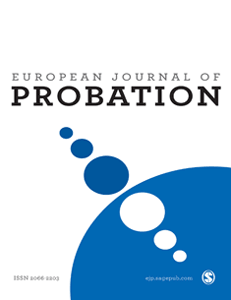From ‘nothing works’ to ‘post-truth’: The rise and fall of evidence in British probation
From ‘nothing works’ to ‘post-truth’: The rise and fall of evidence in British probation
Author(s): Peter RaynorSubject(s): Methodology and research technology, Evaluation research, Penal Policy
Published by: SAGE Publications Ltd
Keywords: Effectiveness of probation; ‘nothing works’; evaluation research methodology; core correctional practices; post-truth;
Summary/Abstract: Since its origins over half a century ago, evaluative research on probation services has swung between optimism and pessimism. This article, based largely on England and Wales, describes and reviews the long journey from over-optimism, via ‘nothing works’ in the 1970s, to programmes based on Risk-Need-Responsivity principles, introducedon a large scale from the late 1990s but limited in their impact owing largely to problems in implementation. After this, evaluation researchers developed greater interest in implementation, in organisational culture and, in particular, in practitioners’ skills. In the process, researchers have developed a better understanding of the necessary social science methods for evaluation and have begun to learn from new sources such as desisting former offenders. In the meantime, in spite of encouraging research, the political context in some countries has become hostile, and research has to survive in a new context of ‘post-truth’ and politically motivated denigration of expertise.
Journal: European Journal of Probation
- Issue Year: 10/2018
- Issue No: 1
- Page Range: 59-75
- Page Count: 17
- Language: English
- Content File-PDF

